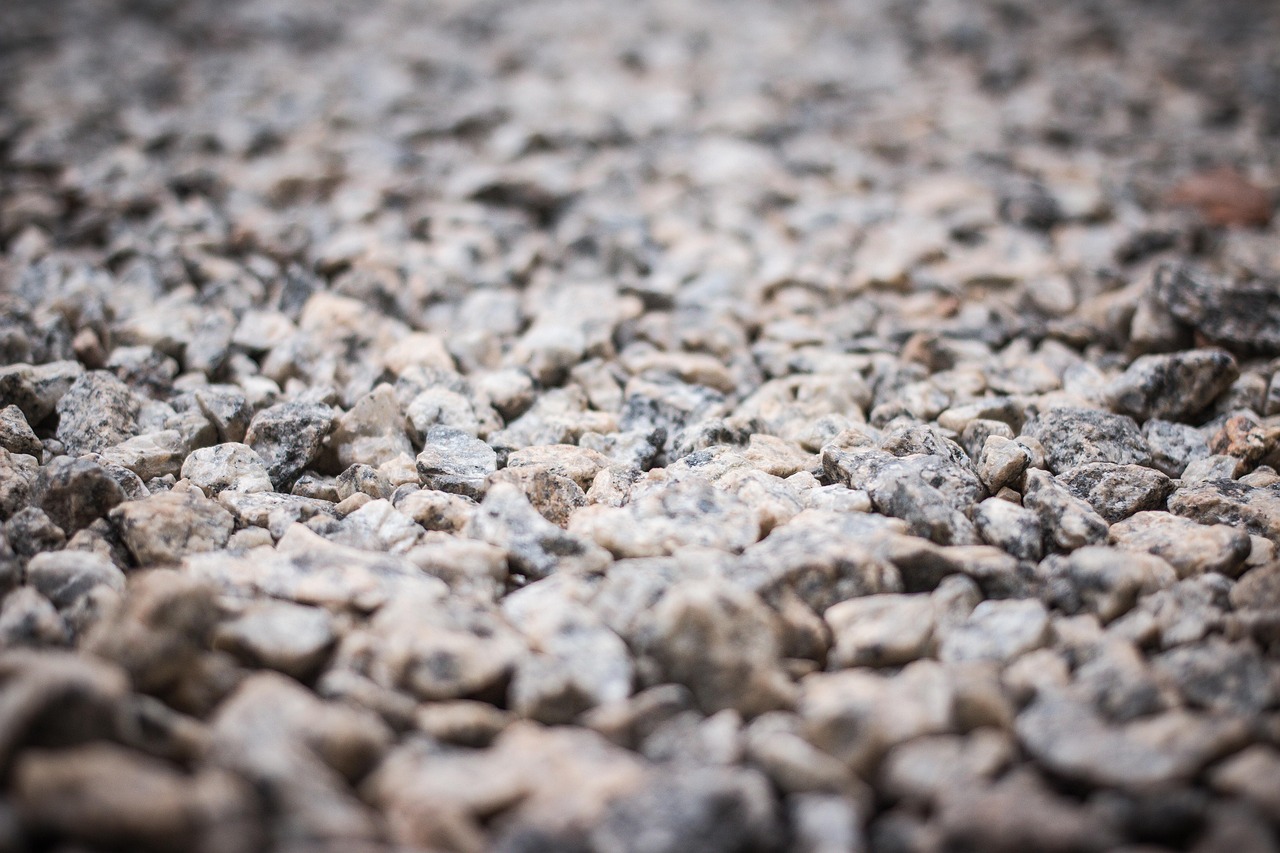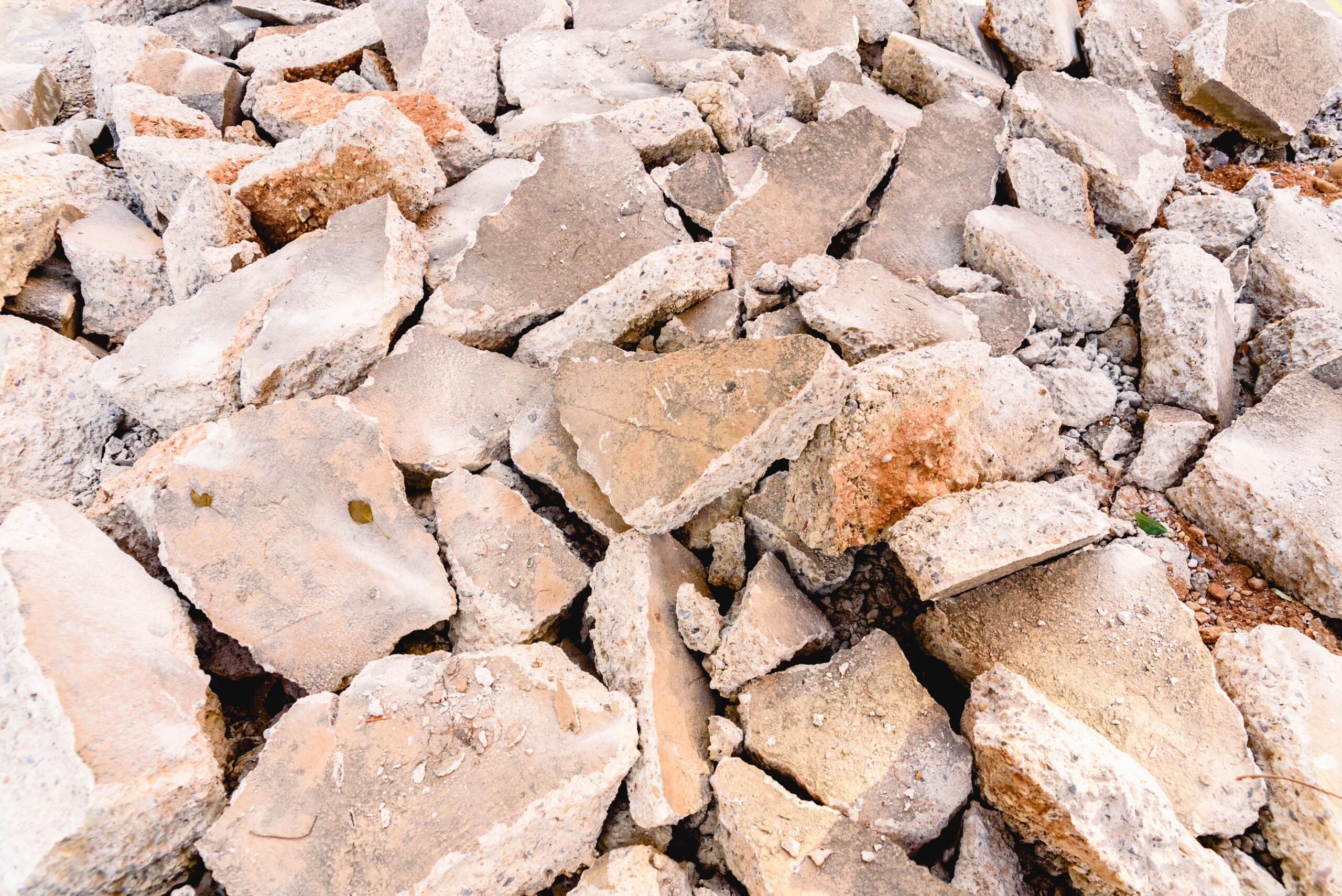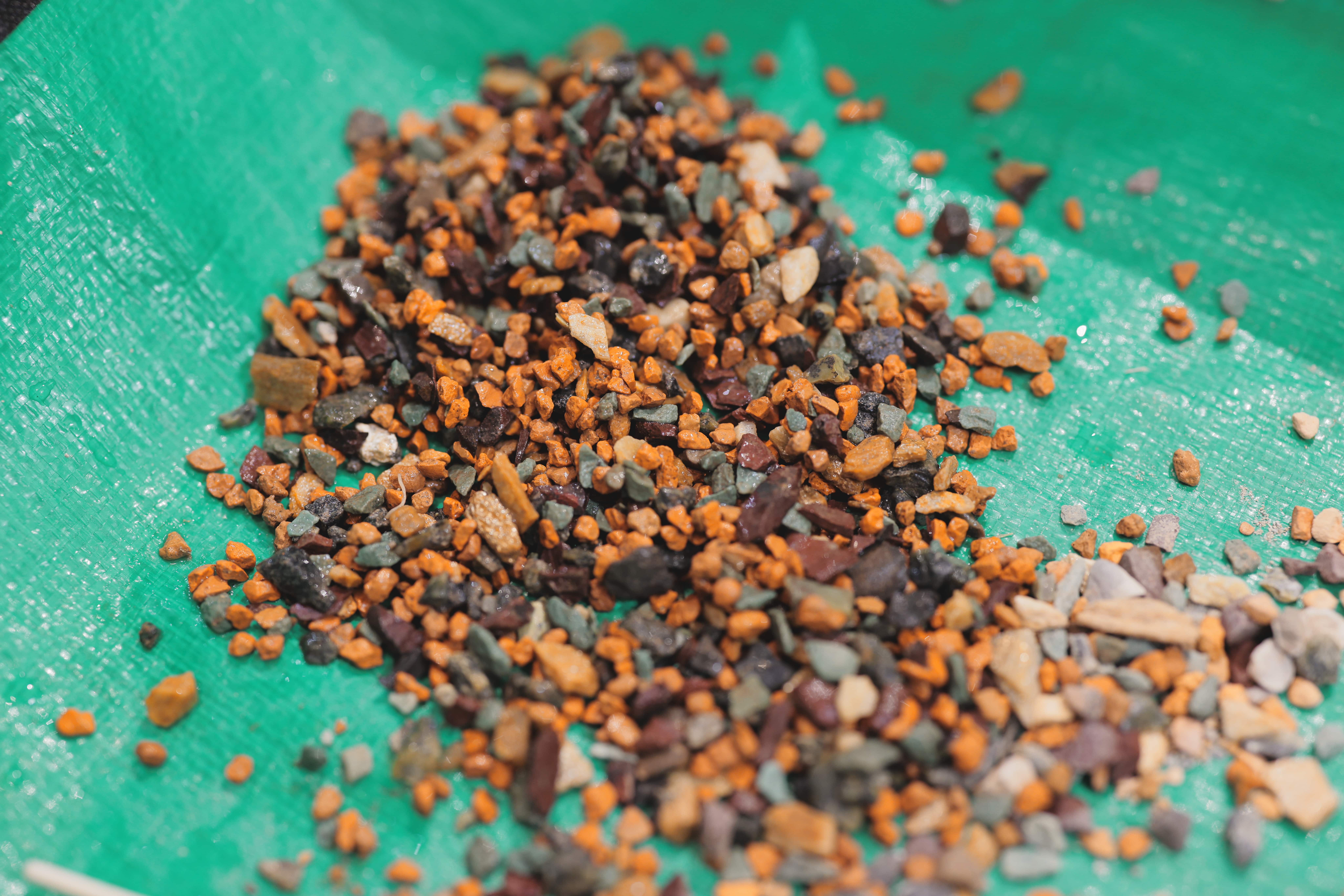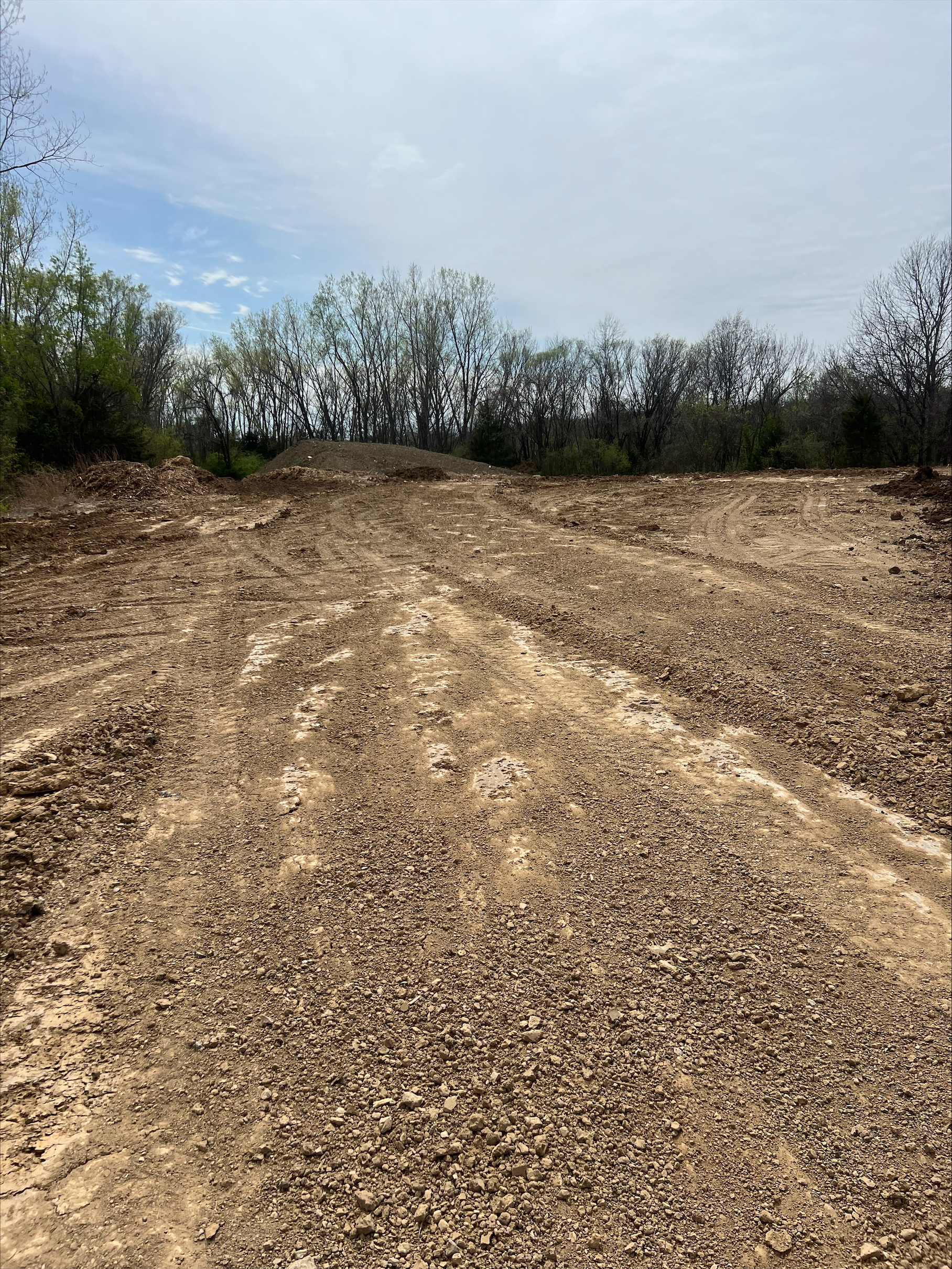Crushed Concrete vs. Traditional Aggregate: Which is Better for Philadelphia?
Introduction
When choosing base materials for construction projects in Philadelphia, contractors often debate between crushed concrete base and traditional aggregate (such as limestone or gravel). Understanding the differences in cost, strength, and environmental impact can help builders make informed decisions.
Key Differences Between Crushed Concrete and Traditional Aggregate
- Cost Efficiency – Crushed concrete is more affordable than virgin aggregates.
- Sustainability – Using recycled concrete reduces landfill waste and promotes eco-friendly construction.
- Strength & Durability – While traditional aggregates provide higher initial strength, crushed concrete compacts well and supports heavy loads.
- Drainage Properties – Crushed concrete allows better water permeability, reducing erosion and flooding risks.
Best Use Cases for Each Material
- Crushed Concrete Base
- Ideal for road sub-base, driveways, parking lots, and foundation support.
- Great for projects focused on cost savings and sustainability.
- Traditional Aggregate
- Best for high-strength applications like reinforced concrete structures.
- Suitable for projects requiring higher compaction density.
Conclusion
For Philadelphia construction projects, crushed concrete base is a cost-effective, sustainable alternative to traditional aggregate. While virgin materials may still be needed for certain applications, borrow pits and recycling centers offer affordable crushed concrete options that meet most base layer needs.





 Kansas City’s Go-To Dump Sites for Vac Truck Debris, Brush, and Clean Dirt
Whether you're..
Kansas City’s Go-To Dump Sites for Vac Truck Debris, Brush, and Clean Dirt
Whether you're..